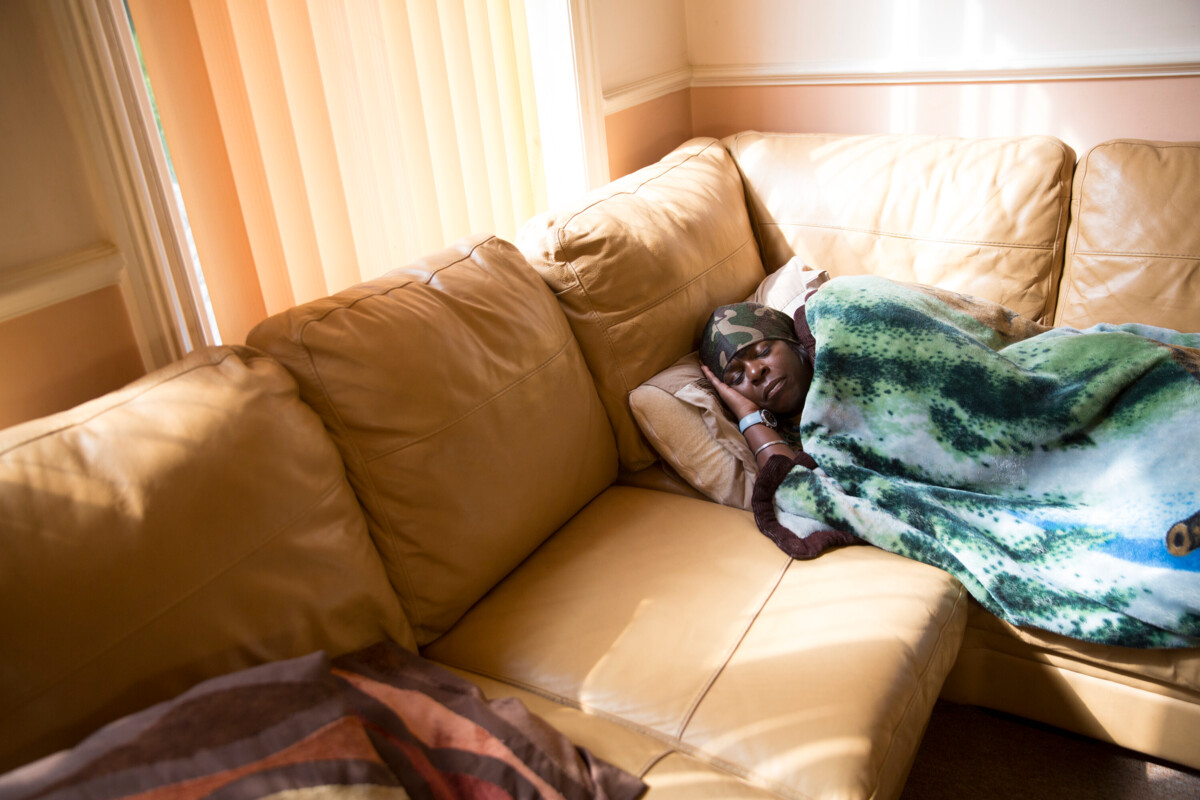Personalised cancer vaccines
Personalised cancer vaccines
In May 2024, NHS England used a personalised vaccine to treat a patient with bowel cancer for the first time. The treatment has been given as part of a clinical trial through the NHS England Cancer Vaccine Launch Pad scheme.
What are cancer vaccines?
Cancer vaccines are a type of immunotherapy. This means they use the body’s own immune system to treat cancer. They are given to help train the immune system to find and kill cancer cells and prevent them from coming back.
We often think about vaccines as something that prevents an illness or infection. This cancer vaccine doesn’t work like that. It isn’t given to prevent cancer. But it can be used to treat cancer after other treatments, such as surgery. It may help reduce the risk of cancer recurrence.
How is the cancer vaccine made?
Each cancer vaccine is made individually for each person. A sample from the cancer is carefully analysed. Information about the genetics of the sample is used to create a personalised cancer vaccine.
The process usually takes a few weeks, but it produces a treatment that is tailored to that person.
We have more information about how the genes in cancer cells can be used to develop or plan cancer treatment. Find out more about:
Who can join the cancer vaccine trials?
The trials are currently only available in England. An NHS scheme called the Cancer Vaccine Launch Pad is recruiting people with cancer and matching them into certain clinical trials. Your cancer team or GP can explain more about trials that may be suitable for you.
The first trials are expected to study colorectal, skin, lung, bladder, pancreatic and kidney cancer. Other cancers may be included in the future. You need to meet certain criteria to take part in the cancer vaccine trial.
We have more information if you are thinking about taking part in a clinical trial.
Do cancer vaccines work?
Research into cancer vaccines is still at an early stage and this is not yet an approved standard treatment. But trials already show that cancer vaccines can be used to kill off any remaining tumour cells after surgery and help to cut the risk of cancer returning.About our information
This information has been written by Macmillan's Cancer Information Development team and revised and edited by the Digital Content Team.
Learn more about how we produce our cancer information.
Read more
-
Blogs 06 Nov 2023You might not describe yourself as a carer. But looking after someone with cancer can have an impact on your life. There is support and information available that can help.
-
Blogs 28 Feb 2023Sleep disturbance or difficulty sleeping is a common problem for people living with cancer. If you are struggling to get enough sleep, you may be feeling stressed and anxious. You may worry about how...
-
Blogs 07 Feb 2024Get expert information and advice from Macmillan about work rights, financial support options, sick pay and self-employment for people with cancer.





